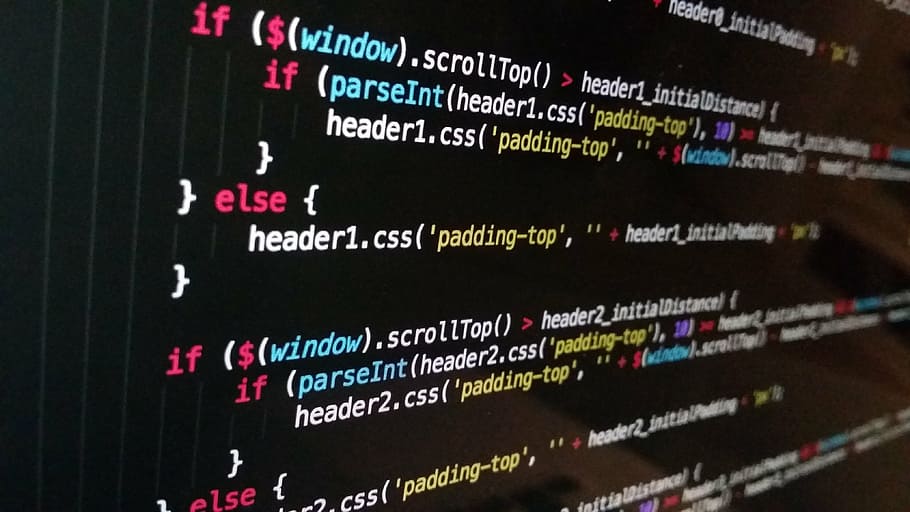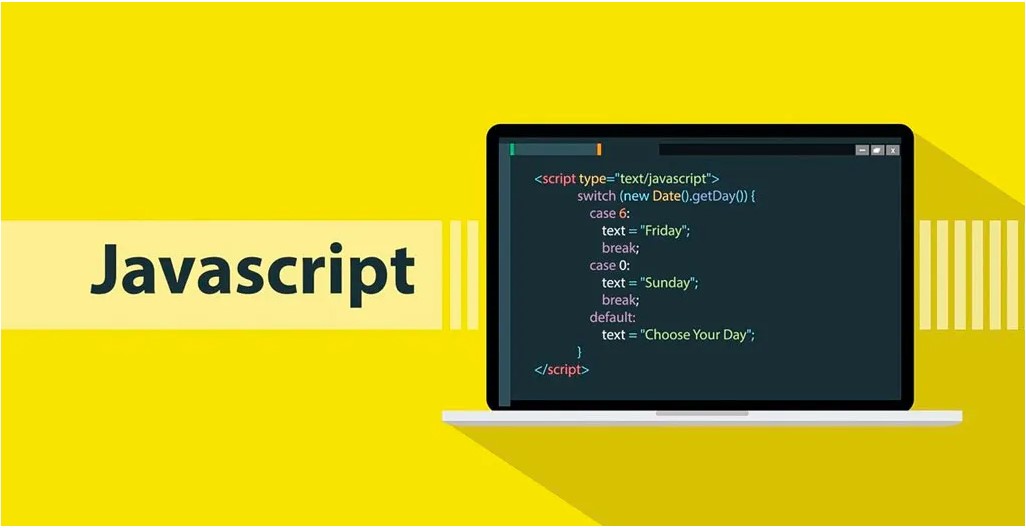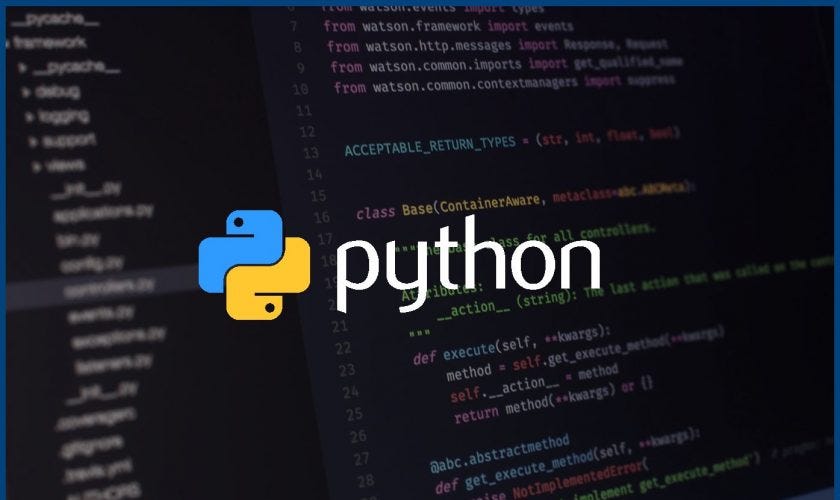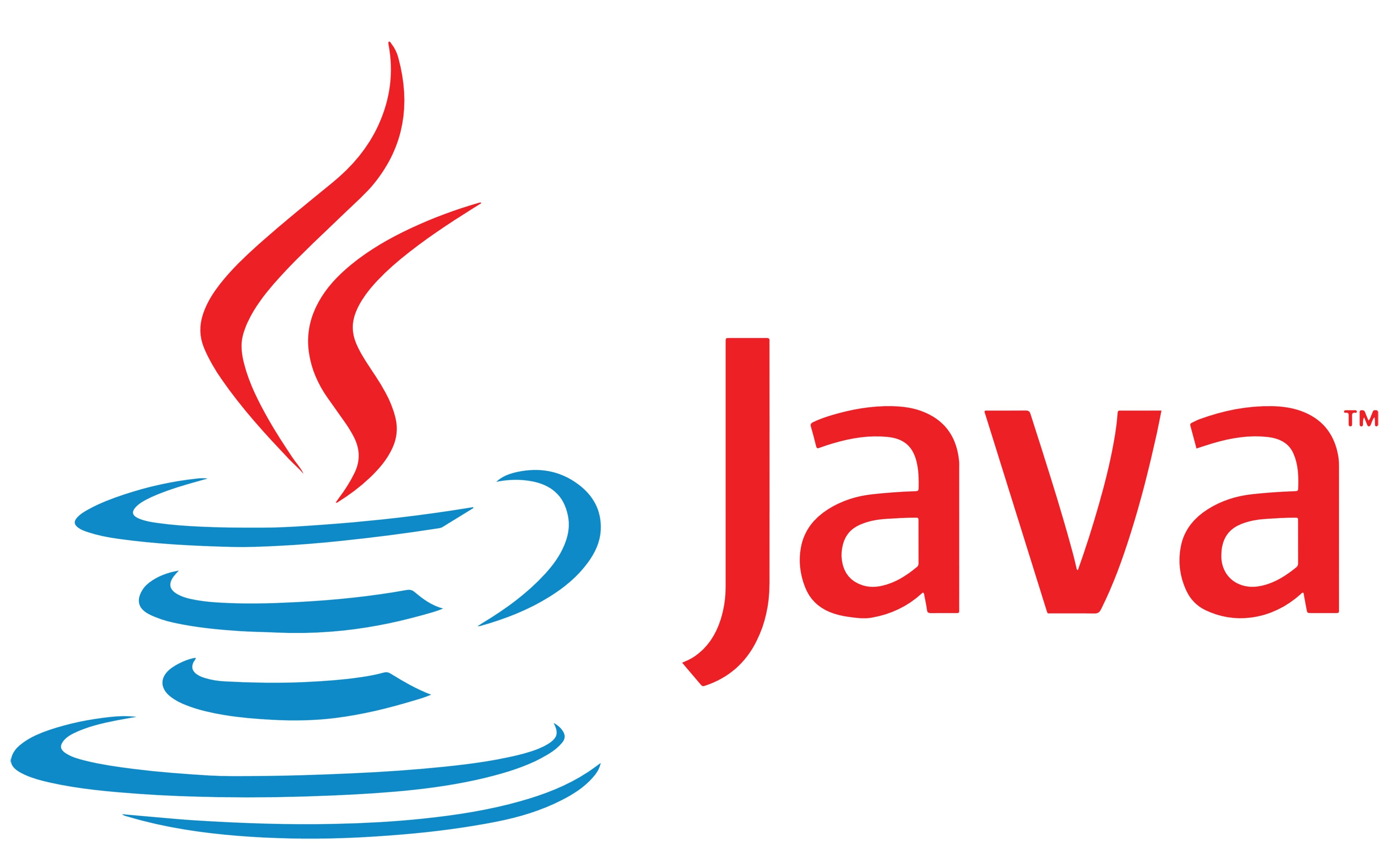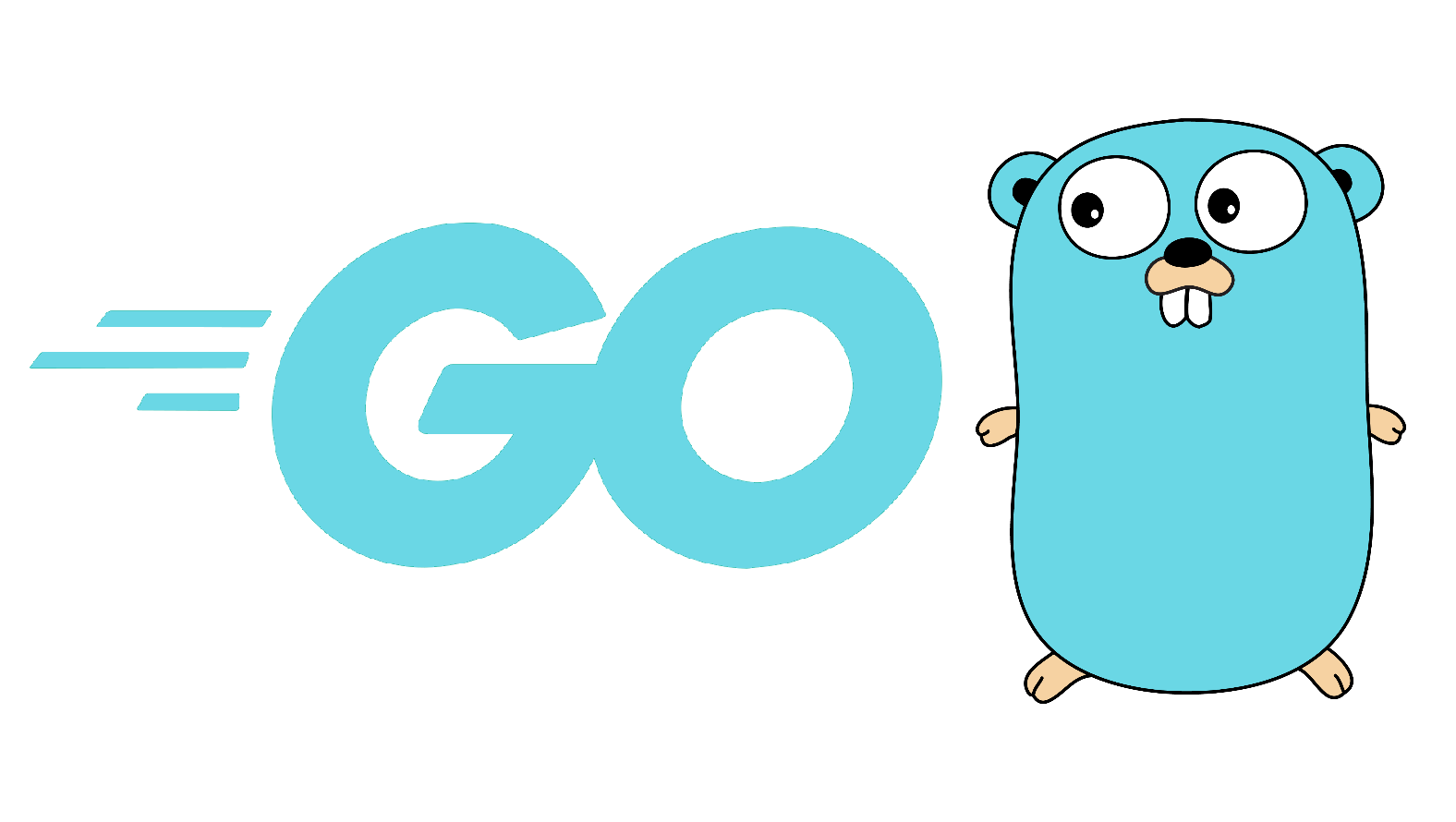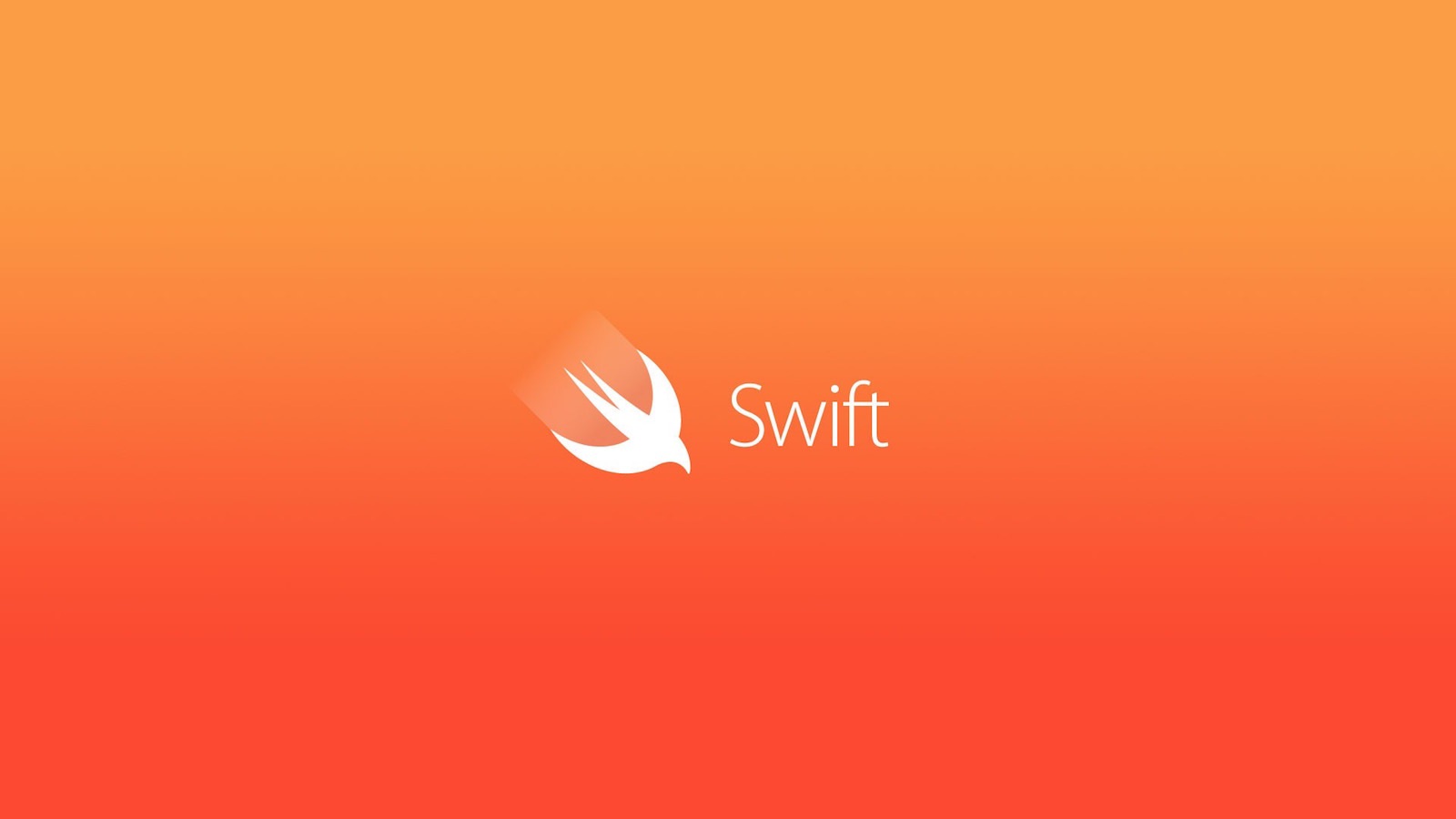Introduction
Programming languages are the tools that developers use to create software. There are thousands of programming languages, but only a few hundred are widely used.
The most popular ones include C++, Java and JavaScript. These three languages have been around for decades and have millions of programmers using them regularly for both personal projects and commercial applications.
However, some newer languages also offer unique features that make them worth learning too!
The Top 10 Programming Languages to Learn in 2023
JavaScript
JavaScript is a programming language that's used to create interactive web pages. It's also one of the most popular programming languages in use today, and it's been around since 1995.
JavaScript was originally developed by Brendan Eich at Netscape Communications Corporation as part of their Navigator web browser software suite. The name "JavaScript" was chosen because it sounded similar enough to Java (another programming language) that Sun Microsystems wouldn't sue them for trademark infringement if they ever decided to call it something else later on down the road--but different enough so as not to cause confusion between the two languages when people were trying out new things with JavaScript on their websites!
Since then, JavaScript has grown into its own language with its own syntax rules and best practices; however, many developers still refer back occasionally when learning how new features work within other frameworks such as AngularJS or ReactJS
Python
Python is a general-purpose programming language that was created in the 1980s by Guido van Rossum. It's one of the most popular languages in use today, and it's used for everything from web development to data science.
Python has been around for over 30 years, but it's still going strong--and there are plenty of reasons why it'll be around for another 30 years or more:
- Python has a wide range of uses, from web development to data science and machine learning. It can be used on its own or combined with other languages like C++ or Java (or even PHP).
- The community is large and active; there are lots of resources available online if you need help learning how to use Python effectively in your projects!
C++
C++ is a general-purpose programming language that was developed by Bjarne Stroustrup at Bell Labs in 1979. It has since become one of the most popular languages in use today, with more than half of all programmers using it to write software.
C++ was designed to be a powerful object-oriented language that could be used for many different types of applications. It has been used for everything from video games to operating systems and web browsers!
C++ is an extension of C, so if you know how to program in C then learning how to program in C++ should be easy for you!
C#
C# (pronounced "C sharp") is a general-purpose, multi-paradigm and object-oriented programming language. It was developed by Microsoft within its .NET initiative and later approved as a standard by Ecma (ECMA-334). C# is one of the most popular programming languages in the world, with over 2 million developers worldwide.
C# has been used for many purposes including web services, cloud computing, big data and machine learning applications as well as games development. It also has an active open source community which contributes to its development on GitHub where there are currently over 18 thousand projects using C#.
The history of C# began in 1993 when Anders Hejlsberg began work on "Cool". Cool was renamed to "Espresso" after being acquired by Sun Microsystems but eventually evolved into Java before being released as J++ 1 year later due to trademark issues with Sun's Java trademark
Java
Java is a general-purpose programming language that was developed by James Gosling at Sun Microsystems (now Oracle) in 1991. Java is a platform-independent programming language, meaning that it can run on any operating system without having to be ported or recompiled. It's also object-oriented, which means that it uses classes and objects instead of procedural statements.
Java has been used in many applications such as Android apps and websites like Netflix, Amazon and Reddit. The language itself is open source so anyone can use it for free!
PHP
PHP is a server-side scripting language that's used for web development. It was created in 1995 by Rasmus Lerdorf, and it's one of the most popular languages in use today.
The advantages of PHP include its flexibility, ease of use and speed. The disadvantages are that it has a steep learning curve and can be difficult to debug if you're not familiar with it already (though there are tools available).
PHP comes with frameworks like Laravel or Symfony which help developers build applications faster than they could otherwise do on their own
Rust
Rust is a systems programming language that runs blazingly fast, prevents segfaults and guarantees thread safety. It's designed to be a "safe, concurrent, practical language".
Rust was created by Mozilla Research in 2009 and has been open source since 2010. Its main advantage is its speed; it's much faster than C++ because it doesn't need to allocate memory for every variable or function call. This makes Rust great for writing low-level code like operating systems or device drivers (which often have to deal with hardware).
The downside of this efficiency is that Rust can only run on 64-bit machines; 32-bit computers aren't powerful enough to handle the demands of such a large program running at high speeds!
Go
Go is a general-purpose language that can be used to write web apps, microservices and even full-scale applications. It has a strong focus on simplicity, efficiency and productivity. It was created by Google in 2009 and open-sourced in 2012.
Go has been gaining popularity over the last few years due to its simplicity and ease of use, which makes it an ideal choice for beginners who want to learn programming languages but don't have much experience with them yet. The syntax of Go is similar to C/C++ but it's designed from scratch so it doesn't have any legacy baggage like those two languages do (which means fewer bugs).
Swift
Swift is a general-purpose programming language developed by Apple Inc. for iOS, macOS, watchOS and tvOS apps. It was introduced in 2014 with the release of Xcode 6 to replace Objective-C as the primary programming language used in creating software for Apple products.[1]
Swift has been said to be more stable than other languages like Python or Ruby because it has a large community backing it up.[2] Due to its popularity among developers and its ease of use, Swift has become one of the most sought after skills among employers today.[3]
TypeScript
TypeScript is a superset of JavaScript, which means that it adds features to the language. The goal of TypeScript is to make writing large applications easier and more maintainable. It can also be used to build web apps using Angular or React frameworks, native mobile apps with React Native and even backend services with NodeJS.
TypeScript was created by Microsoft in 2012 as an alternative to JavaScript ES6 (ECMAScript 6) which was released in 2015. TypeScript has since become one of the most popular programming languages in 2019 due to its simplicity and ease-of-use when developing large applications or websites with complex codebases
Conclusion
- Python: If you want to learn a programming language that's easy to read and write, but still powerful enough for complex tasks, then Python is the way to go. It has been used for many different applications ranging from web development and data science to machine learning and artificial intelligence.
- Java: A general-purpose language that runs on any platform (Windows, MacOS/Linux) with no installation required. It's used by many large organizations including Google, Facebook, NASA and Netflix because it provides cross-platform compatibility while also being able to run on low-powered devices like phones or tablets--making it ideal for mobile apps too!
- C++: An object-oriented programming language developed by Bjarne Stroustrup at Bell Labs in 1979 as an enhancement of C which allows programmers greater control over memory management through explicit pointers rather than automatic garbage collection like other modern languages do today (i.e., JavaScript).


